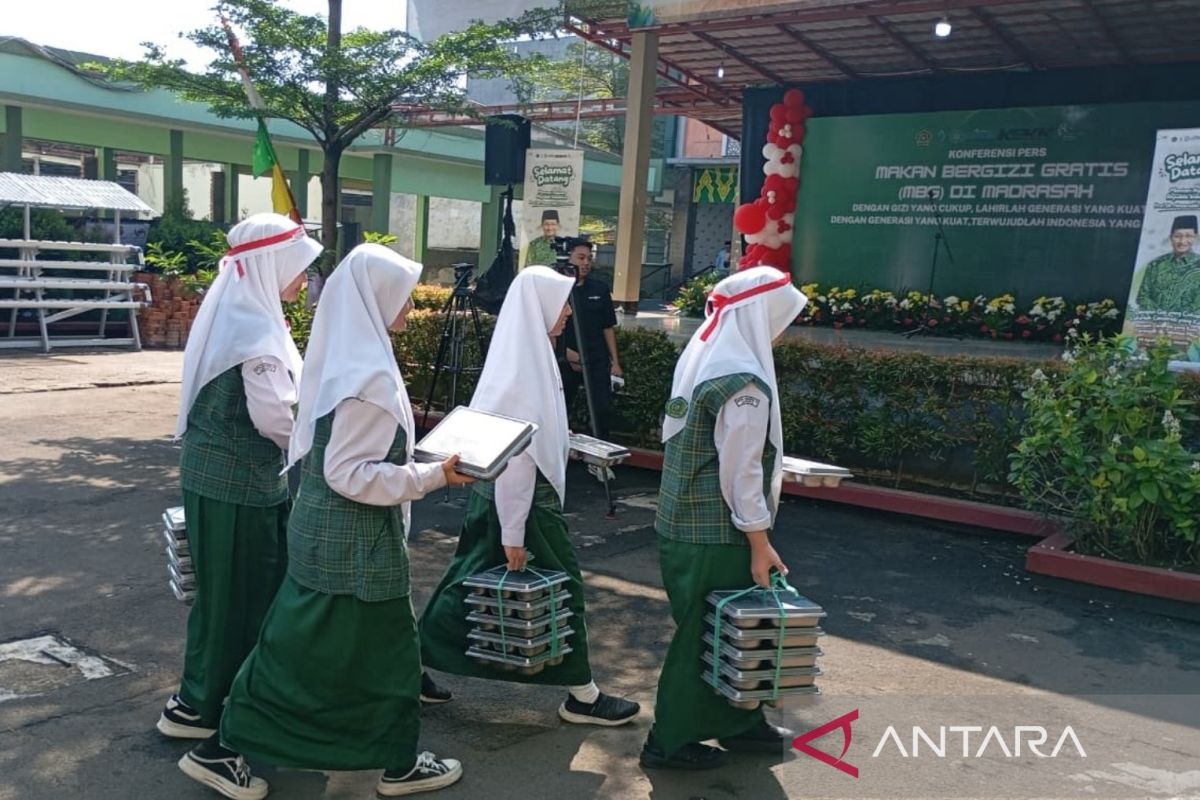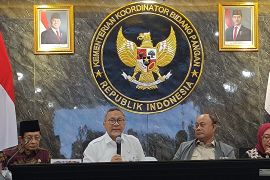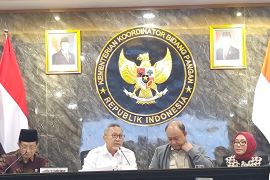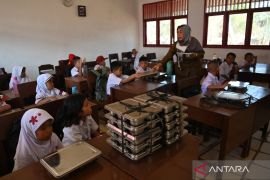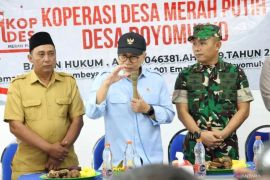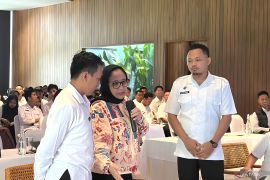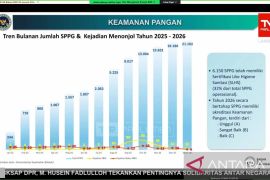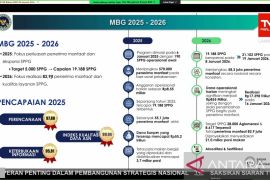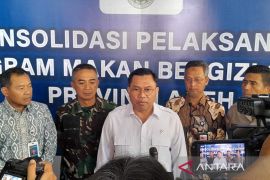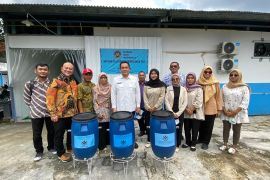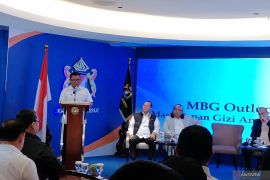“Today, we witnessed the distribution of the MBG program to madrasah students. We saw their enthusiasm and excitement in receiving these nutritious meals,” the Minister said during a visit to MTsN 6 Jakarta on Tuesday.
The MBG program is part of President Prabowo Subianto’s Quick Best Results Program (PHTC). The Minister expressed his appreciation for the President’s attention to the education and health of madrasah students through this national policy.
“We are grateful to the President for his concern, enabling madrasah students to benefit from the MBG program,” he added.
The Minister emphasized that the Ministry of Religious Affairs is committed to supporting the MBG program as part of the national strategic agenda.
According to him, the Ministry’s participation in MBG contributes to efforts to prevent stunting, develop a quality generation, and realize prosperous families.
“Through the MBG program in madrasahs, with adequate nutrition, a strong generation will be born. With a strong generation, Indonesia will advance,” said the Grand Imam of Istiqlal Mosque.
The total target beneficiaries of the MBG program reach 82.9 million people, including students, religious boarding school (santri) residents, pregnant women, breastfeeding mothers, and toddlers.
The Minister detailed that there are currently 87,576 madrasah educational units in Indonesia, with a total enrollment of 10,491,243 students. The breakdown is 1,361,255 children in Raudhatul Athfal (RA), 4,292,950 students in Madrasah Ibtidaiyah (MI), 3,232,426 students in Madrasah Tsanawiyah (MTs), and 1,604,612 students in Madrasah Aliyah (MA).
“We hope that the targeted number of madrasah students participating in this program can be achieved,” he said.
To support the implementation of MBG, the Ministry has issued policies allowing madrasahs to use Madrasah BOS (School Operational Assistance) funds and RA Operational Assistance funds to finance activities supporting the program.
These activities include sanitation improvements, provision of clean water, height and weight measurement tools, and other facilities supporting MBG implementation.
Furthermore, the Ministry is collaborating with the National Nutrition Agency and several ministries and agencies to prepare national trainers to provide nutrition education in madrasahs.
“We will gradually provide trainers who will deliver nutrition education in madrasahs, so that students not only receive nutritious meals but also understand the nutritional content of their food,” the Minister said.
He affirmed that the Ministry of Religious Affairs will continue to coordinate, evaluate, and provide assistance to ensure the MBG program runs optimally and delivers tangible benefits for the growth and development of the nation’s children, especially in madrasah environments.
Related news: Indonesia ensures inclusive free health checks for Islamic schools
Translator: Asep, Azis Kurmala
Editor: Primayanti
Copyright © ANTARA 2025
